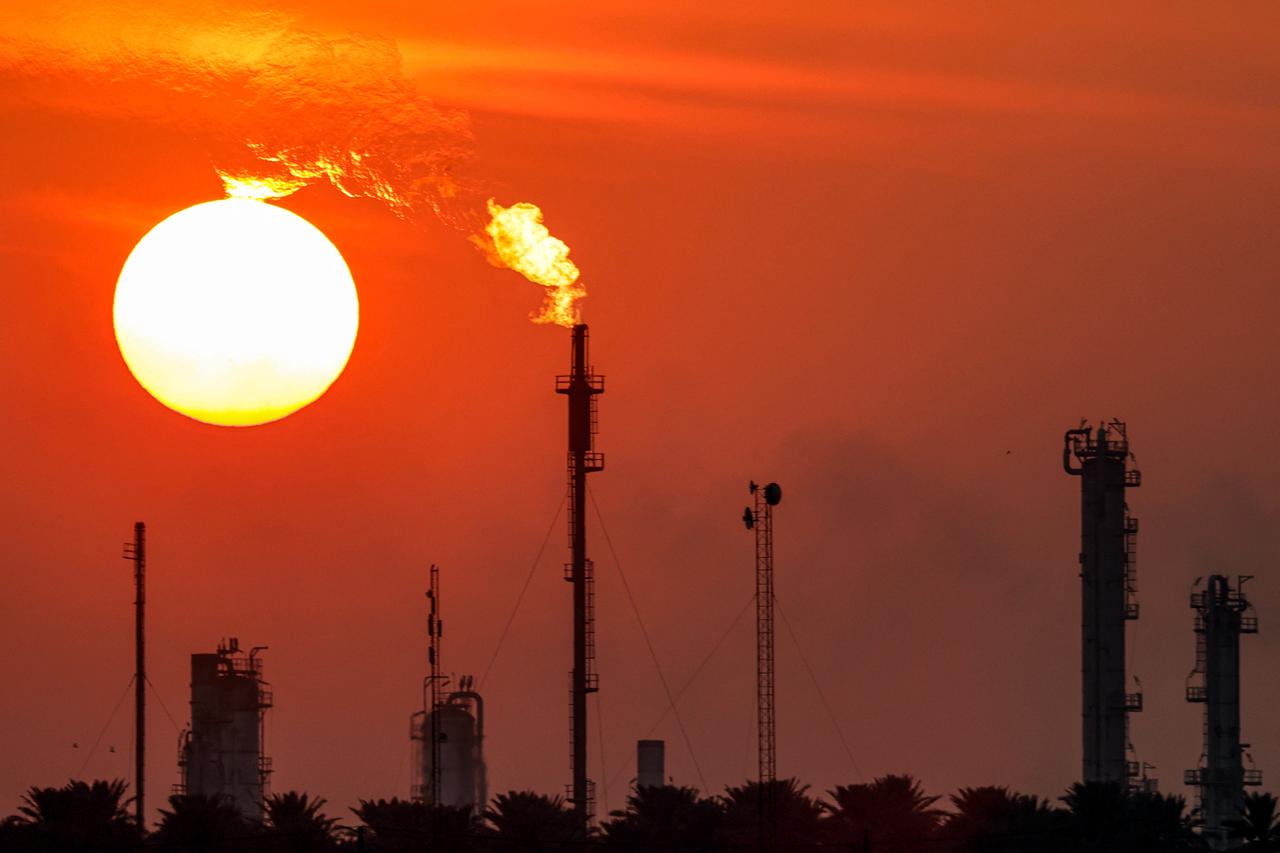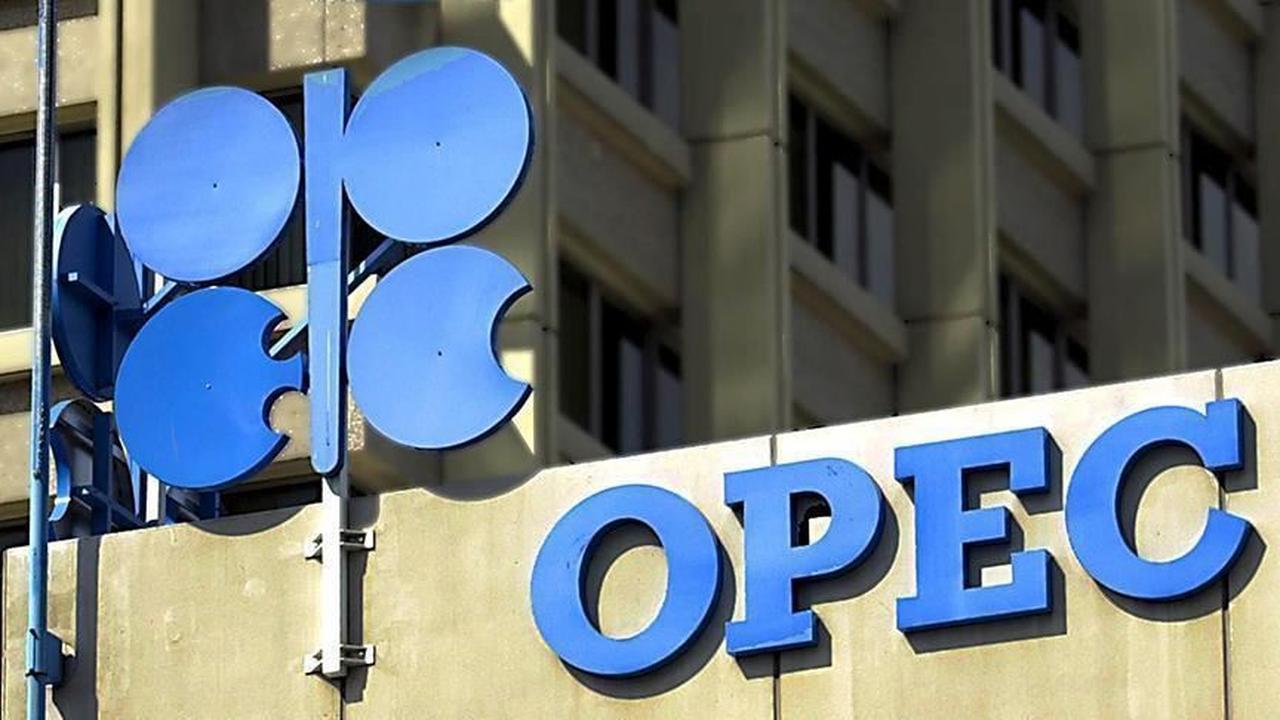
Oil prices fell more than 3% on Monday, hitting their lowest levels since 2021, after eight members of the OPEC+ alliance announced a significant increase in output. The decision has heightened fears of a global crude oil surplus at a time when economic uncertainty continues to weigh on demand.
During early trading in Asian markets, West Texas Intermediate (WTI) crude dropped 3.8% to $56.08 per barrel, while Brent North Sea crude declined 3.5% to $59.17 per barrel. Both benchmarks have been under downward pressure in recent weeks, reflecting fragile market sentiment and concerns about slowing global growth.
The fresh output increase, totaling 411,000 barrels per day, was announced on Saturday by Saudi Arabia, Russia, and six other producers. This figure significantly exceeds the previously agreed-upon rise of 137,000 barrels per day and has surprised market observers who had anticipated a more cautious approach from the oil-producing bloc.

Analysts say the move may signal a strategic shift as key producers seek to defend market share, even at the risk of depressing prices. The announcement comes amid already declining prices, driven by persistent fears of a broader economic slowdown. These fears have been exacerbated by U.S. President Donald Trump’s unveiling of sweeping reciprocal tariffs on April 2, which have disrupted global supply chains and triggered a major market rout.
OPEC+, formed in 2016 to expand the market influence of the Organization of the Petroleum Exporting Countries by including non-OPEC producers like Russia and Kazakhstan, now comprises 22 countries. Many of these states are heavily reliant on oil revenues and have previously coordinated to manage supply levels and support prices.
Until recently, the group had sought to maintain oil prices by voluntarily withholding millions of barrels of crude from the market. This approach had succeeded in stabilizing the market following price collapses in previous years. Major producers, including Saudi Arabia, Iraq, the United Arab Emirates, Kuwait, Algeria, and Oman, have frequently committed to additional cuts beyond official quotas to balance the market.